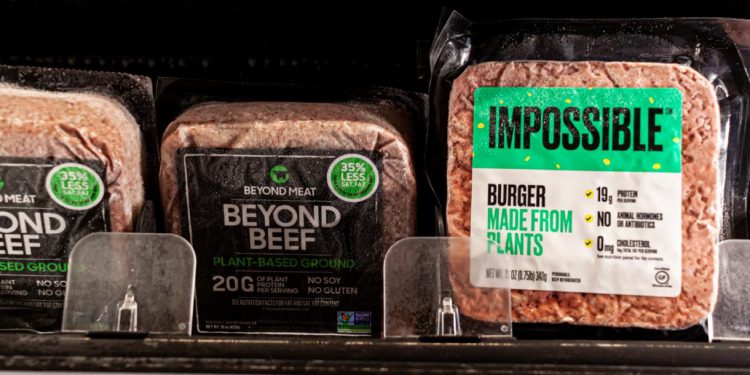Mark Lynch, partner at Oghma Partners, writes in Private Equity Wire that the current food revolution may be as far reaching as the shift to factory made processed foods. This saw the likes of John Cadbury and Henri Nestlé set up their businesses in the 1840’s and 1860’s, and the age of industrial food processing was born.
This change is occurring across the industry and incorporates areas which we would define as ‘low’ food tech – that is, changes from the way product is sold and distributed (‘low’) to a change in what we eat – to ‘high’ food tech – the way product is produced.
These changes are being enabled, in part, by a plentiful supply of capital and a shift in the behavior of some consumers triggered by environmental concerns such as carbon footprints and greenhouse gas emissions, animal welfare and human health.
The evidence for this change can be seen in recent data supplied by Pitchbook which estimated that in 2020 private equity invested US$18.1 billion in 767 investments compared to less than $500 million and 67 deals in 2010.
The quick return businesses with ‘low’ tech content have, unsurprisingly, attracted the most attention and the most capital. In this category we include distribution businesses. The impact of Covid-19 has clearly accelerated the growth in these direct-to-consumer operations however even before the pandemic these businesses had been growing strongly and proving popular. The companies included in this grouping include the likes of Deliveroo, Just Eat, Gousto and Mindful Chef.
Their ‘tech stack’ is based around the interface with the consumer ie smart apps and, at the back end, it can be the tech in their distribution or fulfilment centres as per Gousto. It can be argued that the ‘tech’ in this area has become fairly commoditised. Companies that developed the right technology early on gained first-mover advantage; their value now rests on their market position, brand image, fulfilment capability and consumer understanding vs their tech stack per se.
A second group of ‘food tech’ businesses include plant-based food businesses like Beyond Meat, Impossible Burger or Oatly. Again, these businesses have scaled quickly, and have the valuations to match. However, again, the ‘tech’ element is arguably at a relatively modest level and what the companies have instead achieved is to grow a brand based on the perception by consumers of being healthier and plant-based.
Aside from capital, the barriers to entry are low, and distribution and manufacturing are the only two technological elements that test businesses.
It is clear however, that these low-tech businesses, described above, do represent a significant change in the industry, as a recent report from venture capital fund Five Seasons Ventures estimated the market value of these food tech businesses at a staggering €559 billion. While it is important to note that this high valuation can in part be attributed to the inclusion of Ocado and Uber Eats, as well as Chinese consumer platform Meituan, these statistics represent a significant change.























